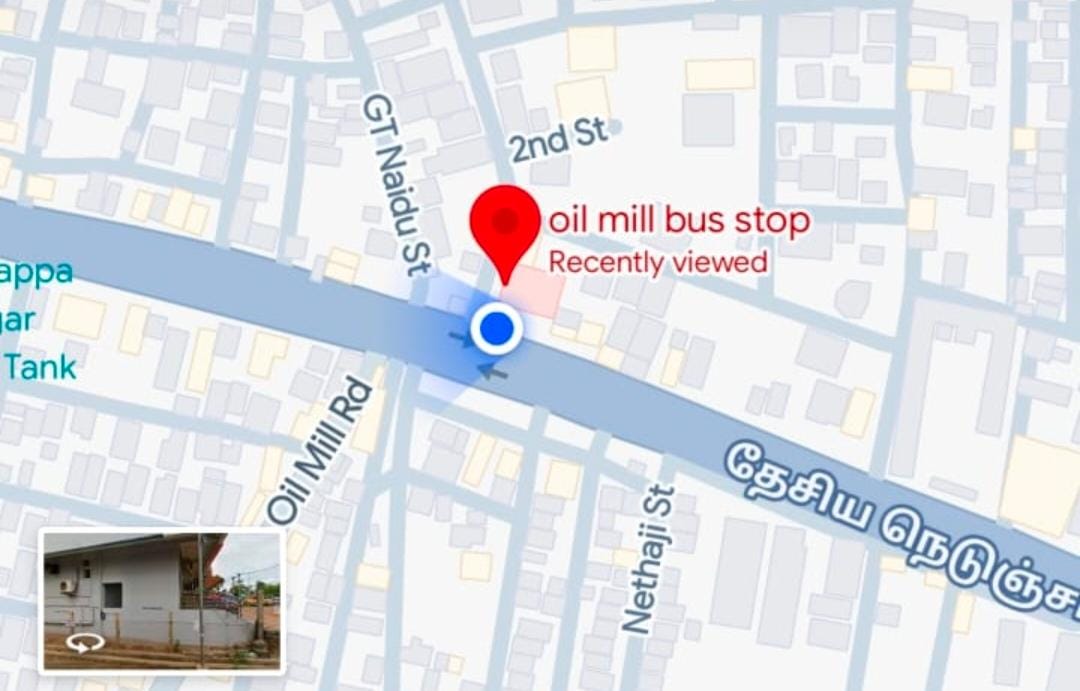Introduction
Key Takeaways
When it comes to nurturing young minds, Montessori teaching methods stand out as a revolutionary approach that emphasizes self-directed learning, hands-on activities, and fostering natural curiosity. To truly maximize learning in Montessori, educators and parents need effective techniques that bring out the best in every child. In this blog, we’ll explore 7 incredible techniques for excellence that are proven to enhance learning outcomes. Whether you’re a parent, teacher, or aspiring Montessori educator, these insights will transform your approach. If you’re interested in professional growth, consider enrolling in our Montessori teacher course in Trichy — a trusted path to mastering these methods through experience and expert guidance.
Discover how the right Montessori teaching methods can maximize learning.
Learn 7 proven techniques that promote independence, responsibility, and curiosity.
Understand the importance of experience-based learning in Montessori education.
Explore how a Montessori teacher course in Trichy equips educators with essential skills for excellence.
Understanding Montessori Teaching Methods
What Makes Montessori Teaching Unique?
The foundation of Montessori teaching methods lies in child-centered learning that respects each child’s pace and interests. Unlike traditional education, Montessori classrooms encourage freedom within limits, hands-on materials, and an environment carefully prepared to foster exploration and discovery. These methods aim to build lifelong skills rather than just memorizing facts.
The Role of Experience in Montessori Learning
Maximizing learning in Montessori is not just about theory but applying knowledge through real-life experience. Children learn best by doing—whether it’s pouring water to improve motor skills or using counting beads to understand math. This experiential learning solidifies concepts and builds confidence.
7 Incredible Techniques to Maximize Learning in Montessori
1. Prepare an Environment That Invites Exploration
A Montessori classroom is thoughtfully arranged with accessible materials at child height, promoting independence and curiosity. A calm, organized space encourages children to focus deeply on tasks, enabling better learning outcomes.
2. Use Montessori Materials for Hands-On Learning
Tactile learning materials, such as sandpaper letters or geometric solids, provide sensory experiences that help children internalize abstract ideas. These materials are key to Montessori teaching methods that engage multiple senses for deeper understanding.
3. Create Individualized Learning Plans
Each child is unique. Tailoring lessons to individual interests and developmental stages keeps children motivated and helps teachers maximize learning in Montessori by meeting learners where they are.
4. Foster Self-Discipline and Responsibility
Montessori environments emphasize self-regulation through meaningful tasks. Children learn to manage their time and choices, building focus and responsibility that are critical for academic and personal success.
5. Encourage Mixed Age Grouping for Peer Learning
Multi-age classrooms enable younger children to learn by observing older peers, while older children reinforce their knowledge by teaching others. This dynamic supports social skills and reinforces concepts naturally.
6. Replace Traditional Testing with Observational Assessment
Instead of exams, teachers use observation to assess progress, allowing a deeper understanding of each child’s strengths and challenges. This continuous feedback helps maximize learning in Montessori by adapting methods as needed.
7. Integrate Practical Life Skills
Tasks like buttoning clothes, cleaning, or preparing snacks build independence and fine motor skills, providing essential tools for lifelong success. These practical lessons are integral to the Montessori philosophy.
Why Choose Our Montessori Teacher Course in Trichy?
Comprehensive Curriculum Based on Proven Montessori Teaching Methods
Our Montessori teacher course in Trichy covers these 7 techniques and much more, equipping you to implement effective Montessori strategies with confidence.
Hands-On Training with Experienced Montessori Educators
Gain real-world experience through supervised practice, learning to create enriching environments that truly maximize learning in Montessori settings.
Certification that Boosts Your Career
Complete our course and receive certification that opens doors in early childhood education, helping you become a skilled Montessori teacher recognized for excellence.
Join Our Montessori Teacher Course in Trichy
Conclusion
Mastering Montessori teaching methods is essential to maximize learning and foster excellence in every child. The 7 techniques shared here—ranging from environment preparation to individualized plans—are practical ways to transform education through experience and dedication. To deepen your expertise and make a meaningful impact, consider our Montessori teacher course in Trichy, designed to empower educators with comprehensive knowledge and skills. Together, let’s create learning experiences that inspire success for life.
Maximize Your Teaching Potential with Our Expert-Led Montessori Course
Frequently Asked Questions:
Q1: What are the main Montessori teaching methods that maximize learning?
Montessori teaching emphasizes hands-on materials, self-directed learning, and a prepared environment to encourage independence and deep understanding.
Q2: How important is experience in Montessori learning?
Experience is crucial. Montessori maximizes learning through practical, real-life activities that help children internalize concepts naturally.
Q3: Can Montessori techniques be applied outside formal classrooms?
Absolutely. Many Montessori principles like self-discipline and practical life skills are easily adapted for home learning environments.
Q4: What does a Montessori teacher course in Trichy cover?
Our course offers training in Montessori theory, hands-on teaching methods, classroom management, and assessment techniques.
Q5: How long does the Montessori teacher training course take?
Typically, the course duration varies from 6 months to a year, depending on the level of certification chosen.


